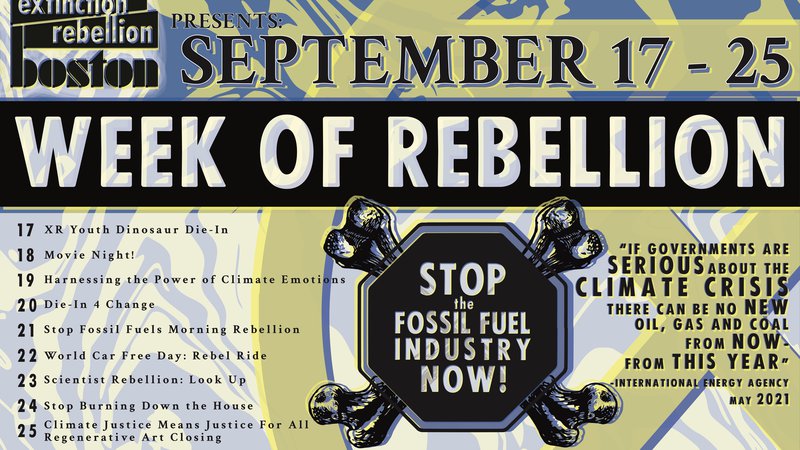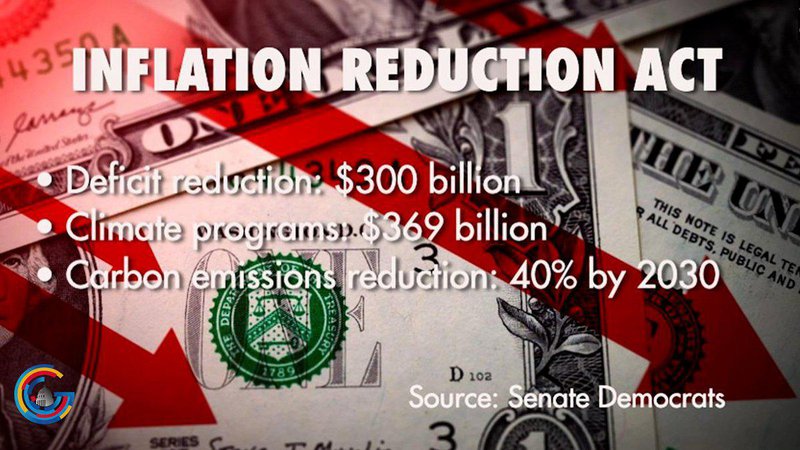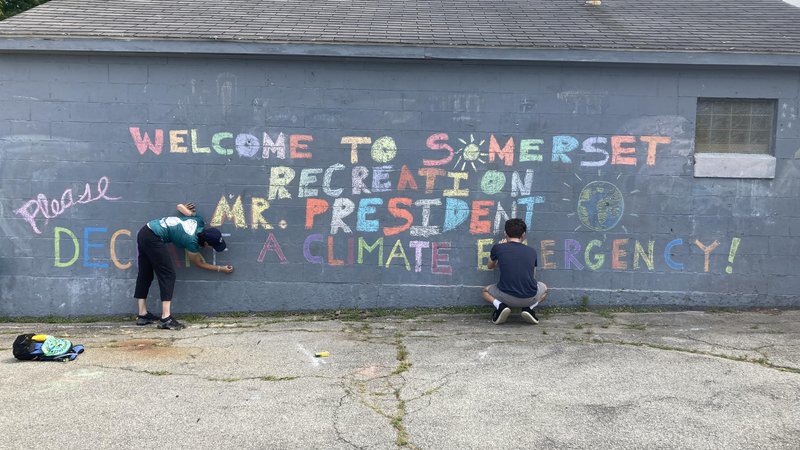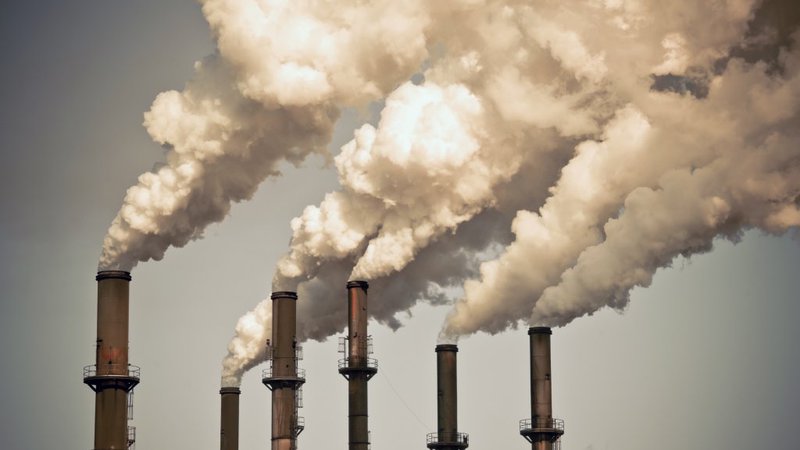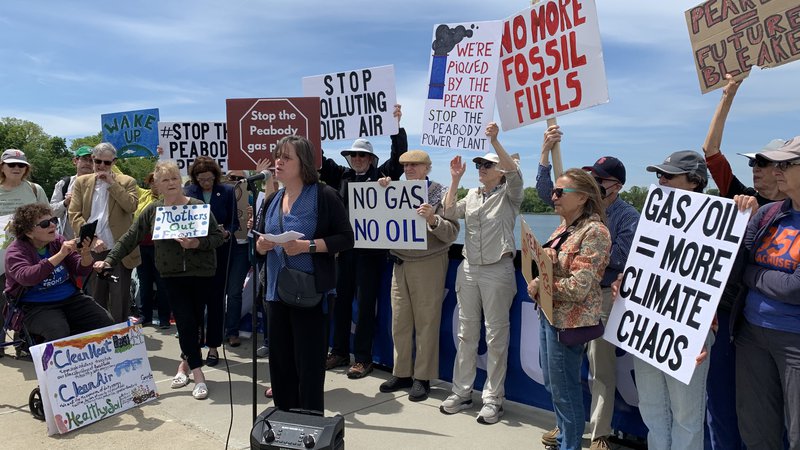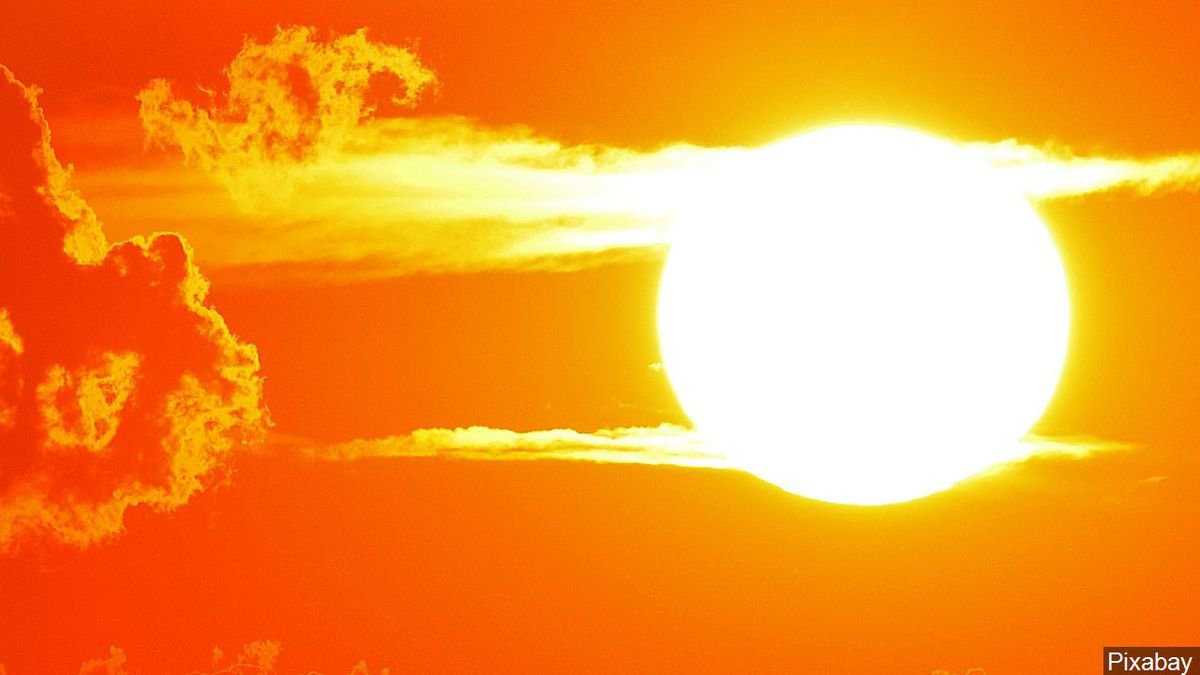
Earth is heating to dangerous and deadly levels
The number and intensity of heatwaves has been increasing for decades because of human-induced global heating caused from the excessive and careless burning of fossil fuels. In certain areas of the world, summers are becoming so hot that outdoor workers are facing increasing risk of dying from heat stroke. Scientists worry that the human body has not evolved to withstand the kind of heat we are facing and that heat will only grow more intense the longer we wait to act on phasing out fossil fuels and protecting biodiversity and natural spaces, which act as carbon sinks.
Rising heat poses profound health risks to humans. Heat waves can result in heat cramps, heat exhaustion, heat stroke, and hyperthermia. On top of these health concerns, rising temperatures will result in more drought-conditions that threaten our water supply, our food supply, greatly increase the likelihood of insect borne disease, and thaw permafrost, releasing ancient pathogens.
Animals, plants, and insects, including pollinators, are at greater risk of extinction because of human-induced global heating. Organisms are not evolving quickly enough to adapt to rapidly rising temperatures - biodiversity across ecosystems is quickly vanishing because of human behavior.
Read below for more information:
The Guardian, "Likelihood of 40C temperatures in UK is ‘rapidly accelerating’"
“The probability of recording 40C, or above, in the UK is now rapidly accelerating,” said the scientists in the study, published in the journal Nature Communications. Its lead author, Nikolaos Christidis, at the Met Office Hadley Centre, said: “The rate of change is remarkable.”
“Last year, we had the record temperature in the UK and [Public Health England] reported spikes in mortality,” Christidis said. “When these kinds of events happen, we have detrimental impacts to our transport infrastructure, agricultural catastrophes and water shortages. We need to reduce our vulnerability to these kinds of impacts.”
Prof Piers Forster, at the University of Leeds and not part of the Met Office study, said: “Heatwaves are a real risk to life in the UK, especially if we do not begin modifying our homes, workplaces and hospitals to manage their expected overheating.”
BBC, "Climate change: Summers could become 'too hot for humans'"
As global temperatures rise, more intense humidity is likely as well which means more people will be exposed to more days with that hazardous combination of heat and moisture.
Prof Richard Betts of the UK Met Office has run computer models which suggest that the number of days with a WBGT above 32C are set to increase, depending on whether greenhouse gas emissions are cut. And he spells out the risks for millions of people already having to work in the challenging combination of extreme heat and high humidity.
"We humans evolved to live in a particular range of temperatures, so it's clear that if we continue to cause temperatures to rise worldwide, sooner or later the hottest parts of the world could start to see conditions that are simply too hot for us."
Another study, published earlier this year, warned that heat stress could affect as many as 1.2bn people around the world by 2100, four times more than now.
Connecticut is one of the fastest-warming states, in the fastest warming region, in the contiguous United States. An analysis last year by The Washington Post found that neighboring Rhode Island was the first state among the lower 48 whose average annual temperature had warmed more than 2 degrees Celsius since 1895. New Jersey was second, the Post found, followed by Connecticut, Maine and Massachusetts.
The Post analysis also found that the New York City area, including Long Island and suburban counties in New Jersey, New York and Connecticut, was among about half a dozen hot spots nationally where warming has already exceeded 2 degrees. The others are the greater Los Angeles area, the high desert in Oregon, the Western Rocky Mountains, an area from Montana to Minnesota along the Canadian border and the Northeast Shore of Lake Michigan.
Climate scientists don't fully understand why Connecticut and the other Northeast states have warmed so dramatically, but they offer an array of explanations, from warm winters that produce less snow and ice (and thus reflect less heat back into space) to warming ocean temperatures and changes in both the jet stream and the Gulf Stream.
BBC, "Climate change: Siberian heatwave 'clear evidence' of warming"
The Russian region's temperatures were more than 5C above average between January and June of this year.
Temperatures exceeded 38C in the Russian town of Verkhoyansk on 20 June, the highest temperature ever recorded north of the Arctic circle.
The Arctic is believed to be warming twice as fast as the global average.
An international team of climate scientists, led by the UK Met Office, found the record average temperatures were likely to happen less than once every 80,000 years without human-induced climate change.. That makes such an event "almost impossible" had the world not been warmed by greenhouse gas emissions, they conclude in the study.. The scientists described the finding as "unequivocal evidence of the impact of climate change on the planet".
Yale Environment 360, "With Temperatures Rising, Can Animals Survive the Heat Stress?"
“We often think that climate change may cause a mass mortality event in the future, but this study tells us that the change in climate that has already occurred is too hot and in certain areas, animals can’t tolerate the warming and drying that has already occurred,” said Eric Riddell, a physiological ecologist and the lead author.
*The impacts of a hotter world are no longer off in the future — they have already arrived. As the planet grows warmer, the effects of heat stress on organisms trying to survive outside the temperature envelope they evolved in is becoming increasingly evident. From insects to coral reefs to biodiversity across entire ecosystems, researchers are chronicling the serious impacts of heat stress as temperatures break records. And several leading scientists believe we are underestimating the impacts, even as the heat ramps up. *
NY Times, "How Bad Is Your Air-Conditioner for the Planet?"
Air-conditioning presents other problems: As of 2009, nearly 90 percent of American homes have air-conditioners, which account for about 6 percent of all the country’s residential energy use. All that air-conditioning releases about 100 million tons of carbon dioxide each year. Short Answers to Hard Questions About Climate Change.
According to historians and others, the widespread availability of air-conditioning has allowed for more development in the hotter parts of the country — the South and the Southwest — where air-conditioning use is the highest in the country. And once developers could rely on heating and cooling technologies, they often built less energy-efficient homes, which means that you have to use more air-conditioning or heating to get to the temperature you want.
If you think putting up with a spell of hot weather is not a big deal, look at recent history. In France, record heat waves in June and July 2019 killed more than 1,400 people. In India, an intense heat wave in 2015 killed more than 2,300 people and had temperatures hot enough to melt pavement in New Delhi.
All across the United States, temperatures are climbing. According to a study by the Union of Concerned Scientists, the number of days in Minnesota with a heat index above 90 degrees could quadruple by around mid-century if no action is taken to climate pollution. And in Florida, the average number of days when the heat index is 105 degrees or higher is projected to increase more than five times by then — from 25 dangerous heat days a year to 130 — more than any other state.
Related Stories:
Featured:
-
The third annual Week of Rebellion is full of opportunities for celebration and action!
-
Our government had the opportunity to finally turn our state into a "climate leader," and they decided yet again to prioritize profits and political posturing over the well-being of residents.
-
Prominent climate scientists and activists demand immediate climate action in the United States.
-
Stop the Fossil Fuel Industry, Now: List of events for Extinction Rebellion Boston's September week of rebellion
-
A compilation of books, movies, articles, and ways to take action to protect Black lives
-
Nadia Colburn, PhD and member of Extinction Rebellion Media team, discusses how to talk about the climate and ecological crisis with family and friends.
Upcoming Events:
-
Fri Feb 20th @ 6 p.m.
-
Sat Feb 21st @ 2 p.m.
-
Sun Feb 22nd @ 10:15 a.m.

